For the first time in a long time – possibly for the first time ever – the UK has a government willing to consider something that had previously been unthinkable: abolishing the hated and outdated television license. Their reasons for bringing up the issue at this precise moment may be questionable, but the policy itself is not. Since the turn of the millennium at least, support for abolishing this hated, regressive tax has only grown, and it’s now one of the most consistently popular policy positions in the entire country.
I’m not a political ideologue. I’m not wedded to one political party nor to a specific ideology, and I’ve voted for practically all of the UK’s major political parties at one time or another over the years. Though I seldom find myself on the same side of the argument as the likes of Nadine Dorries (the current Secretary of State for Digital, Culture, Media and Sport, within whose brief the BBC and the license fee fall) I’m happy to see that, finally, a British government is bold enough to swing the proverbial axe and finally bring an end to this utterly outdated method of funding a television broadcaster.

But the government is going about this in quite literally the worst way possible, putting forward their least convincing and most polarising argument. This is a cause for concern, because if the ineptitude of people like Nadine Dorries creates an increase in support for the BBC and the television license, the best chance we’ve ever had to abolish the damn thing will be lost. The government, through nothing short of abject stupidity, will have blown the country’s best chance to bring an end to an expensive anachronism, one which isn’t fit for purpose any more. And that would be a travesty.
Before we go any further, a quick reminder on what the television license actually is and how it works. Anyone who watches television in the UK – including some live broadcasts streamed online – is required by law to purchase a television license. The money collected by this tax – and it is a tax, no matter what some may claim – funds the British Broadcasting Corporation, more commonly known as the BBC. The BBC uses this money to pay its way, producing television programmes like Strictly Come Dancing, Doctor Who, Match of the Day, and many more. Failure to pay the television license, even on legitimate grounds, leads to harassment from the BBC’s scarily-named “enforcement division,” who try to act like bailiffs and will even show up at your house to harass you in person. Even if someone never watches any BBC programmes – which, in the days of 500+ satellite and cable television channels is increasingly likely – they’re still forced to pay the tax.
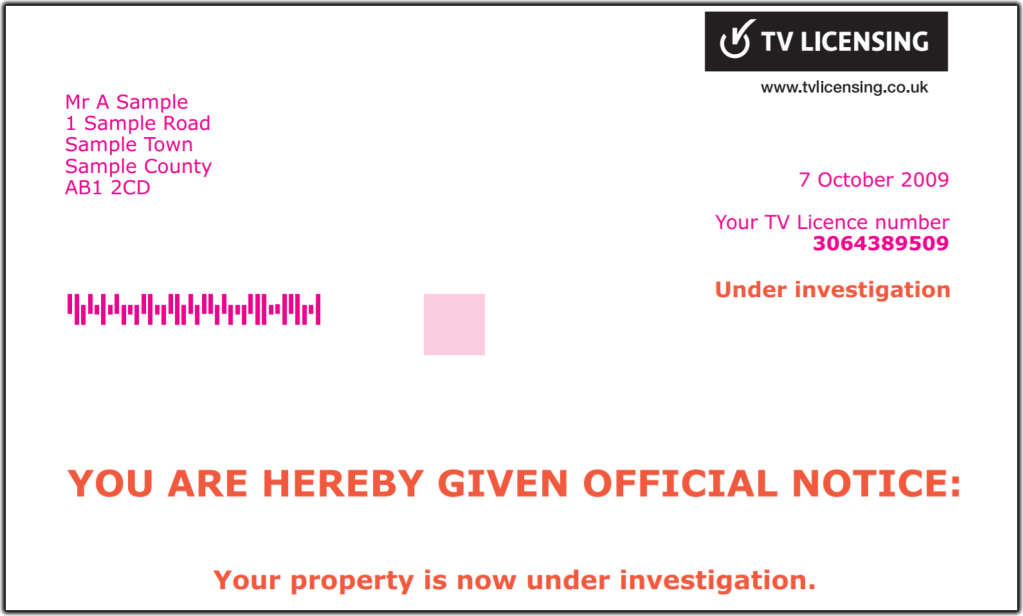
The television license is, unlike income tax, a regressive tax. Because the fee is the same for everyone, regardless of income or ability to pay, it impacts poor people and those on low or fixed incomes hardest, and while it isn’t the only tax in the UK that behaves this way, it’s by far the most egregious. At the current rate of £159 per year – $217 USD at time of writing – it’s borderline unaffordable for low-income households, especially with a growing cost of living crisis sending food prices, energy bills, and the cost of practically everything else skyrocketing.
This isn’t the first time I’ve brought up the television license here on the website. Almost two years ago I first laid out my argument against this regressive tax, and before we press ahead I think we should recap why I feel the TV tax needs to be scrapped. Firstly, and most importantly, the television license is simply out-of-date. There may have been a justification for this method of funding in the 1960s, but no such justification exists in the 2020s. The world of entertainment has simply moved on, with not only a veritable smorgasbord of television channels to choose from – over 100 of which are free-to-air for anyone with a television set – but also a growing number of subscription services like Netflix and Disney+, with others such as Paramount+ coming soon as well. Not to mention the internet itself and platforms like YouTube. The idea of insisting that every household pay a tax to fund one single television broadcaster is just plain outdated, especially considering that fewer and fewer people watch or engage with the BBC at all. Those days have come and gone.
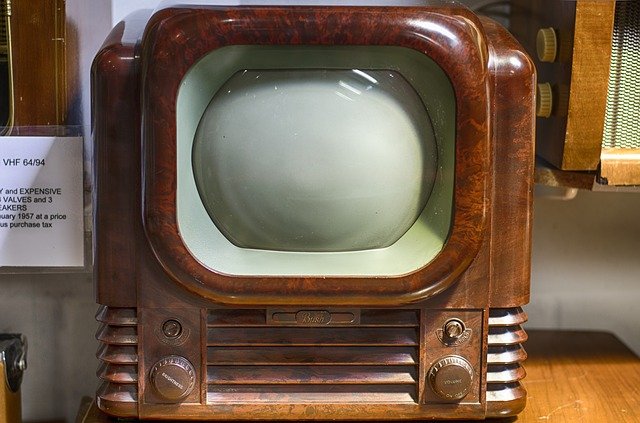
Next, we have the nature of the tax itself. As mentioned, this is a regressive tax, one which hits poor and low-income folks hardest. As someone on a fixed income myself, I can attest to this. £159 may not sound like much to some people, but for many folks, that could be several months’ worth of disposable income. As inflation rises and prices for everything creep up, the license fee becomes increasingly unaffordable, especially as it’s pegged to rise in line with the government’s official measure of inflation.
Finally, let’s consider what the tax actually pays for: entertainment. The BBC runs a news operation too, and pays a lot of money to bureaucrats and managers in an inefficient fashion, but the bulk of the money raised goes on programmes like Strictly Come Dancing, Line of Duty, EastEnders, Doctor Who, Top Gear, Match of the Day… and the list goes on. What do all of these programmes have in common? They’re commercially viable – meaning that they could be produced by any other commercial broadcaster.
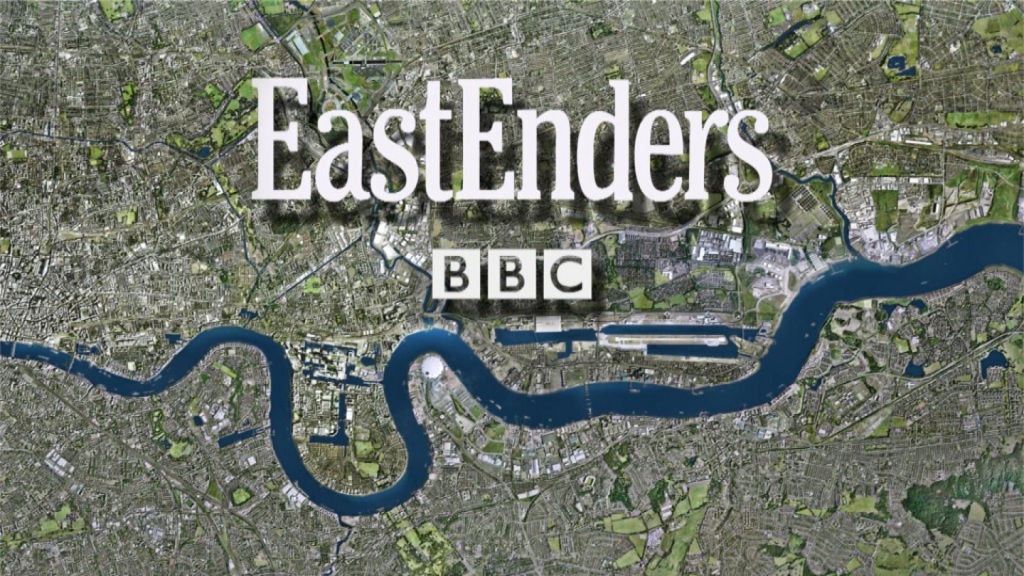
Take The Great British Bake Off as a case in point. The BBC used to pay for the show, but when they were outbid by Channel 4, the series retained its popularity and its audience on a different channel. It is simply not acceptable in 2022 that tax money, raised from millions of people who can’t afford to pay the inflated rates, is being used to fund mediocre entertainment programmes that can easily be made by other commercial channels and broadcasters.
This is the winning argument. When it’s explained to people in this way – that the television tax is inflated, unfair, and regressive – abolishing it is not just popular, it’s the only argument that makes any sense, and there really can’t be any counter-argument that isn’t just obfuscation or that tries to shift the goalposts. By sticking to arguments about the inherent unfairness of the tax and the fact that it’s utterly outdated in a modern media landscape, the government – and campaigners like me – will win.
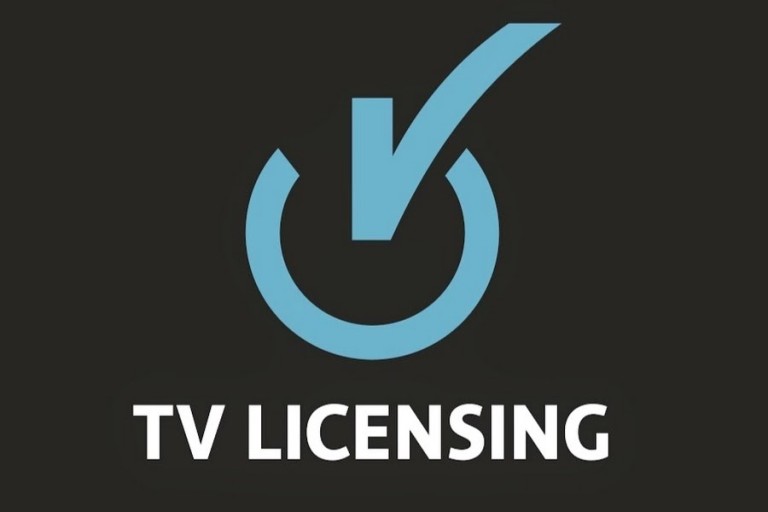
But this isn’t the way that the current government is trying to go. By talking about “bias” within the BBC they come across as whining – and worse, they come across as trying to punish the organisation for not giving them kinder, more fawning coverage. It’s Trumpian in the extreme, with echoes of Trump’s famous “fake news” attack, which he levied at any journalist or broadcaster who dared question him or call him out.
By using the “bias” argument, the government is going to snatch defeat from the jaws of victory, further polarise the political discourse in the UK, and fail in its stated goal of reforming the way in which the BBC is funded. The current government is sufficiently unpopular right now that any organisation that they criticise is going to receive a boost in support and popularity. “The enemy of my enemy is my friend” – so goes the old adage, and so it will prove to be for many people in this country who would, all else being equal, remain opposed to the television license. But when they see the BBC under attack by an aggressive government, particularly as they seem to be launching this attack at this time to distract from other scandals, they’re far more inclined to support the BBC, and by extension the television license.
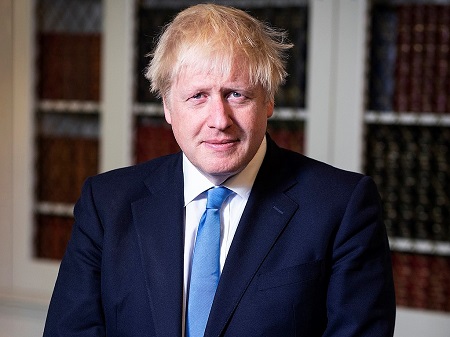
Abolishing the television license does not mean abolishing the BBC. The BBC has enough time between now and the end of its current charter in 2027 to find and implement a new funding method. Many folks have suggested a subscription model, with the BBC adopting an approach similar to the likes of Sky or Virgin Media. Others have suggested that the BBC could simply do what every other television channel does and run advertisements. It could even go online, offering a platform comparable to the likes of Netflix. In short, there are options for the BBC to continue to exist and continue to produce its content.
Popular brands and shows could also be auctioned off, and as programmes like The Great British Bake Off have already demonstrated, there are many broadcasters who’d happily snap up the most popular ones. They’d remain viable on other networks – and many would probably do even better on commercial channels or online.

But again, the government’s ham-fisted, idiotic approach to this issue is going to wreck it. If they genuinely want to abolish the television license, they’re already messing it up by putting their worst argument front-and-centre. Claims of “bias” may resonate with some right-wingers, but that’s offputting to practically everyone else in the country. Instead of making this a unifying issue, one which could actually score the government some much-needed kudos, they’re instead managing to drive up support for the BBC and its outdated method of funding, and turning what should be an easy win into a disappointing defeat.
I firmly believe that the abolition of the TV license is only a matter of time. But it would be such a shame if the current government squanders this opportunity through sheer force of incompetence, allowing the vestigial tax to remain in place for years or even a decade longer than necessary. By deliberately turning the TV license into a political issue, Nadine Dorries and her ilk have polarised the debate, lost potential friends and allies, and weakened their own hand. Abolishing the TV license should be a progressive issue – it’s a regressive tax that disproportionately impacts low-income households. But by making it such a polarising political issue in a political climate that is already so deeply divided, the current government is actively pushing away people who should be natural allies in this fight.
My message to them is simple: focus on a winning, unifying argument, and stop whining about “bias.”
In the UK, it is required by law (at time of writing) to purchase a television license in order to watch live TV. This article should not be interpreted as encouraging anyone to fail to purchase a license if a license is required. This article contains the thoughts and opinions of one person only and is not intended to cause any offence.

